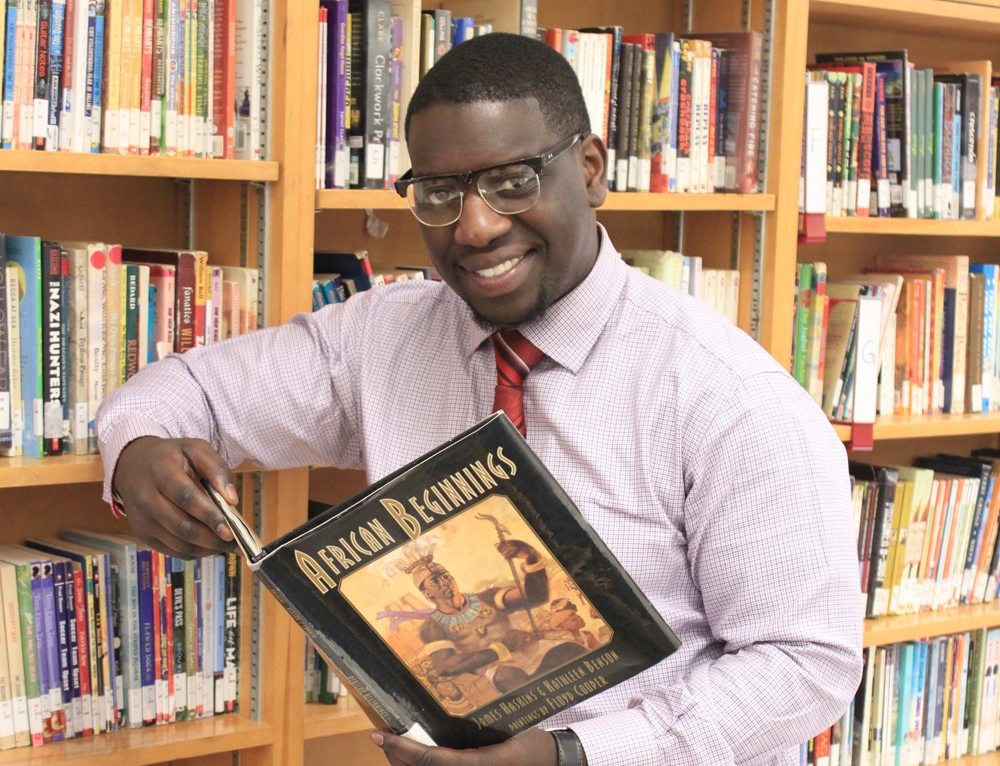Bernice Afriyie | Arts Editor
Featured image: York alumus Augustine Obeng releases his autobiographical account of being a first generation Ghanaian-Canadian. | Courtesy of Augustine Obeng
Augustine Obeng is not another black male statistic from the Jane and Finch community, youth dropout or any other racially binding category. A son of loving Ghanaian parents who immigrated to Canada, university-educated and a model member in his community, Obeng does not pay attention to what society claims is possible or within his grasp.
Obeng studied concurrent education at York where he was featured in the This is My Time campaign for his vision of creating art-therapy programs for at-risk youth. During his time at York, Obeng joined various clubs and organizations where he used his community-conscious mindset to develop programs for Jane and Finch youths. Obeng is currently pursuing his masters of social work with a specialization in Indigenous trauma and resiliency at U of T.
Many of the themes and topics that Obeng tackles in his program are present in his debut book, Changing Lanes: The First XXV. The education and life experiences that Obeng has amassed over the years are the fuel behind this autobiographical and inspirational book.
“It also acknowledges some of the people, institutions and situations that have contributed to me being the person that I am today,” says Obeng. “Changing Lanes is about life. It is a book that chronicles my experiences, which are similar to many experiences of youth today.”
Every youth needs a role model growing up. As nice as it may be to have athletes and celebrities to look up to in the media, having someone close by who knows your struggles and pains and was able to rise above their surroundings does more than scrolling through a celebrity’s Instagram page possibly ever can.
While Obeng’s work calls for equal access to education and reading tools, literature as an important medium of expression and art as a therapeutic tool to help individuals cope with societal stresses, he acknowledges that there are many other men and women who are doing essential work.
“Where I am, from there are many people like me. I am just one of the few who choose to document my journey, the struggle, pain and triumph,” adds Obeng. “We are capable of anything. We just need a chance, access to resources and space, some funding and the sky’s the limit. We are the most industrious people; all we need is an opportunity. Give us that and you’ll be surprised at what come of it.”
Sometimes, we need to create the opportunities for ourselves.
“I set a lofty goal and accomplished it. It proved to me that anything I put my mind to, I could accomplish with hard work, persistence, desire and consistently plugging away at it,” adds Obeng.
Many people asked Obeng what made him think he was qualified to write a book throughout his writing process. In that case, what makes any writer qualified to write a book? Authors should not need to be given permission to create. Their work speaks for them.
We need to recognize that people of various backgrounds and identifications have various reasons for creating art, some of which may not make sense to us, which is perfectly fine. Not every book, song or painting is meant for all audiences. To ask an artist, in this case an author, what right he has to write is to discredit him as a thinker, being and person with something to say.
Nonetheless, Obeng and his book persevered. Changing Lanes has the potential to influence the monochromatic face of Canadian literature.
“It is my duty to contribute to the world in a meaningful way. My ancestors have sacrificed too much for me to not make the best of this life. As such, I will tell my story and share it with the world as I journey through this life. If not for me, then for their sake; for the sacrifices and blood that was shed for my freedom.”
Changing Lanes received a positive reception on its October 16 launch in Toronto. Among influential figures in the community present was Michael “Pinball” Clemons, an avid supporter of Obeng since his youth.
“For me, it has never been about sales. For me, it was more about leaving a legacy, leaving something that my future children and family can read and say: ‘Yes, my dad lived and this was his life’,” adds Obeng.


